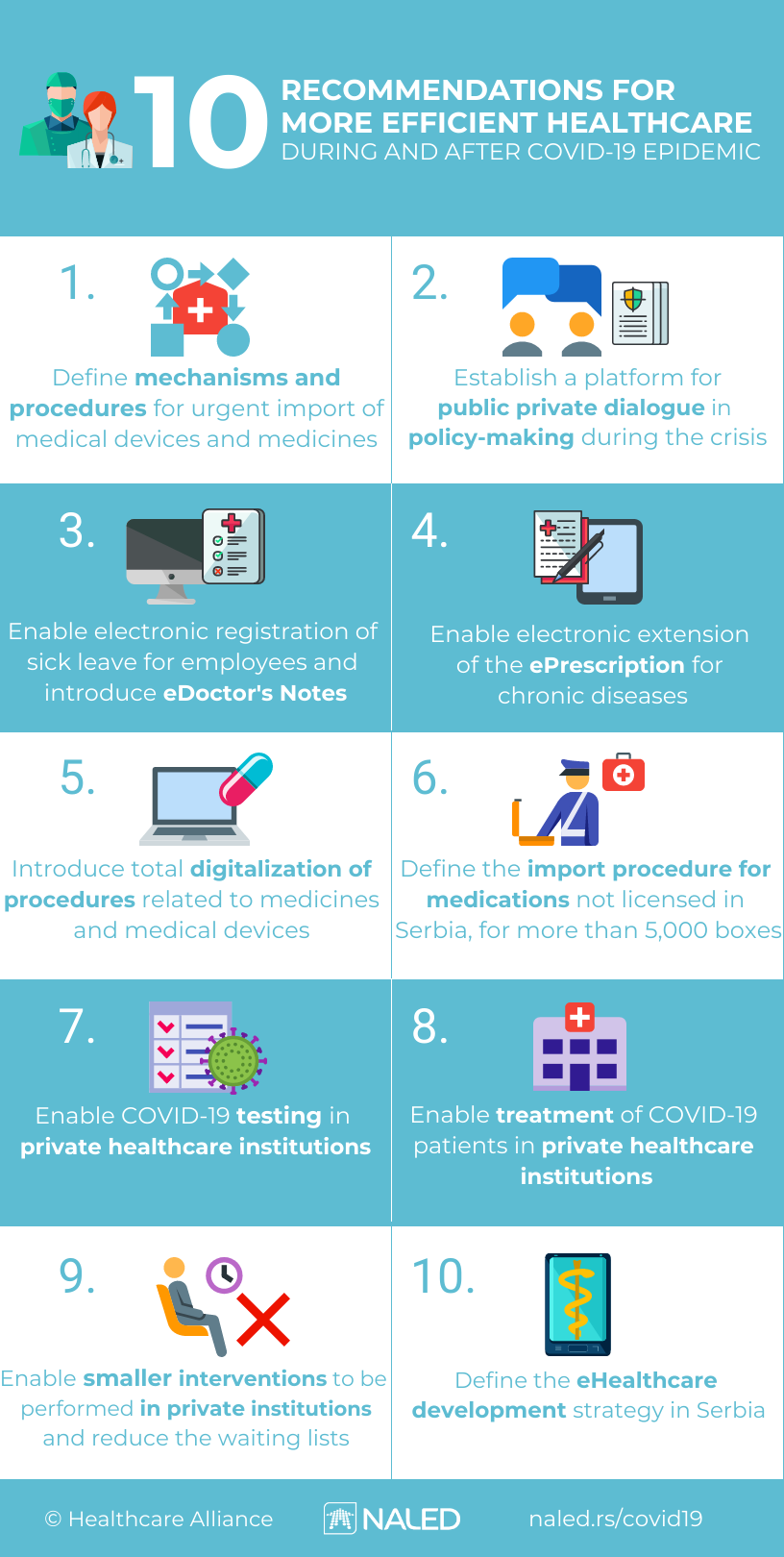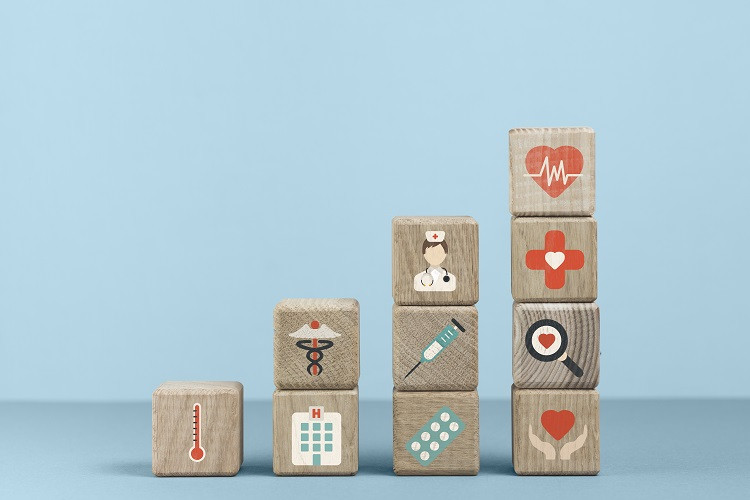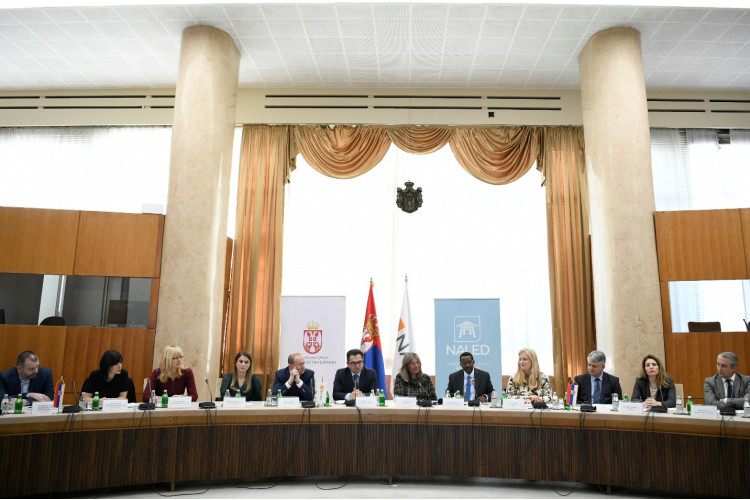How to prepare the healthcare system for a second wave of Coronavirus
Timely defining the healthcare procedures in crisis situations, primarily with the aim to prevent the deficiency of protective equipment and certain medications, enable emergency import of medical devices - these are the key recommendations from NALED's set of measures to prevent the negative impact of a possible new wave of Coronavirus.
NALED's Healthcare Alliance has provided the Prime Minister, Ministry of Health, Republic Health Insurance Fund and the Agency for Medicines with a set of measures for accelerating the import of goods, activating the private sector capacities in crisis situations and involving business and expert associations in the decision-making and policy-making processes.
- The measures we are proposing now lean on the set of 15 measures our Alliance has already prepared in early March with the aim of ensuring smooth supply of medications and medical devices, that have proven to be very useful in practice. We think there is room for further improvement of the healthcare system and the plans for addressing crisis situations. For this reason, out proposal would be to establish a Joint Group for Healthcare, which would bring together all line institutions, businesses and the civil sector, with the goal of improving regulations in the field of healthcare in regular circumstances, and supporting the Government in crisis situations - says Vesna Živković, member of NALED Executive Board and NALED's Healthcare Alliance, and the owner of InPharm.
She stresses that in case of a new wave of Coronavirus, it would be particularly important to engage the capacities of private healthcare institutions for examining the patients suspected to have the infection, in order to ease the burden off primary care centers and ensure that the patients can reach medical services in a faster and easier manner. Further on, the private sector capacities could be also be used to test citizens on Coronavirus, by taking samples and sending them to PCR tests in the official laboratory.
The proposed measures also include one for establishing a procedure for importing non-registered medications needed by healthcare institutions in the amounts exceeding the current annual limit of 5,000 boxes, so as to avoid a situation where one institution imports the entire allowed amount.
The Alliance highlights that the automatic extension of ePrescription for chronic patients has proven to be a useful solution during emergency situation, which should be kept in case a new crisis emerges. Another measure that could be introduced to reduce direct contact would be the introduction of eDoctor's Notes to register sick leace, which would significantly cut the red tape in regular situations as well.
Another proposal is for the amendment to the Law on Protection from Contagious Diseases, which would allow the Minister of Healthcare to authorize the Director of Agency for Medicines and Medical Devices to make decisions for accelerated import of medicines and equipment in crisis situations.
NALED's Healthcare Alliance will place its expert and technical capacities at the disposal of the Government of Serbia in further digitalization of healthcare services, and the line institutions working on improving the health system in Serbia will also make use of Grey Book of Healthcare, NALED's publication with 50 recommendations complementary with the measures for reducing the effects of Covid-19.



